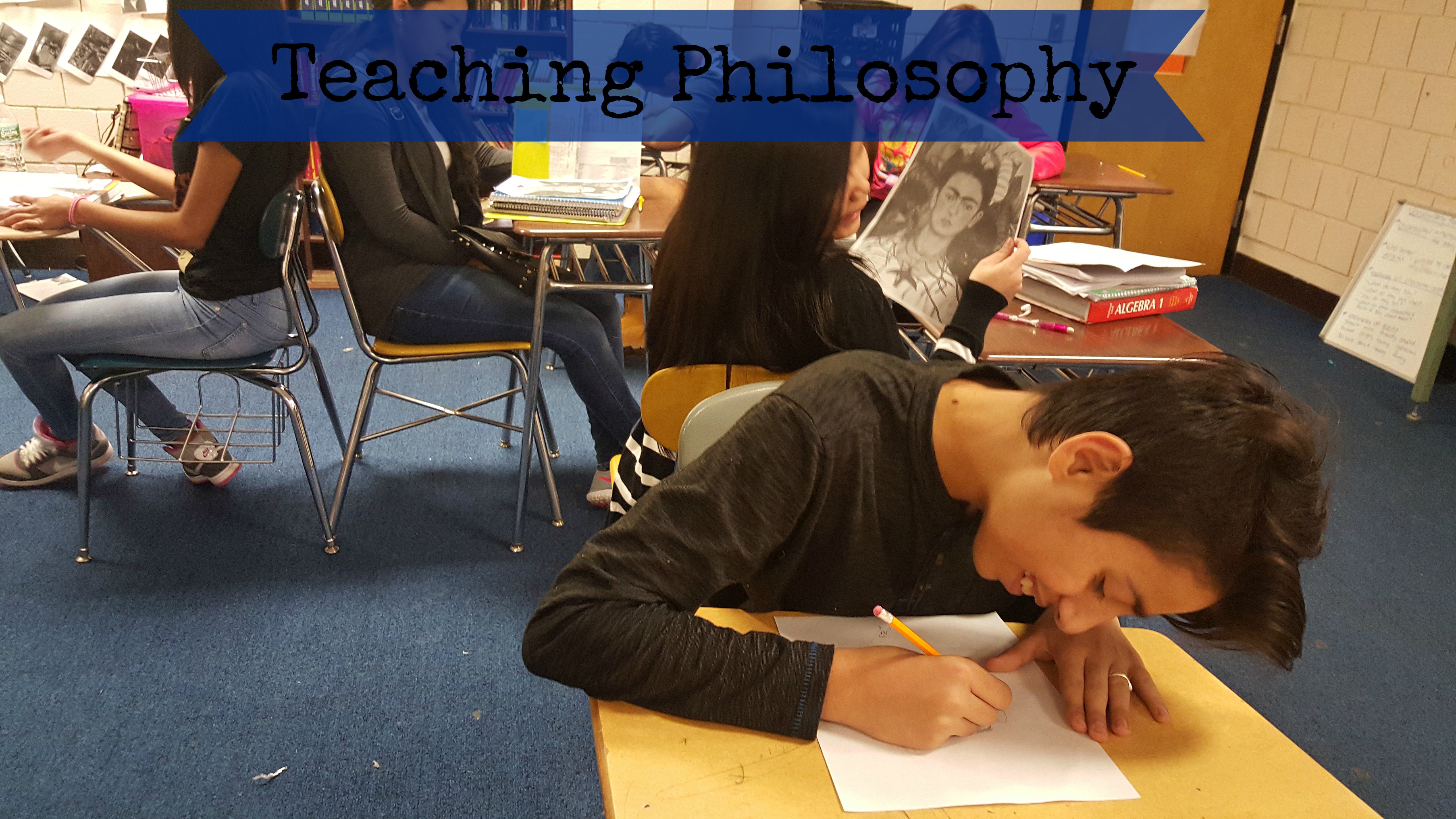My personal teaching philosophy is premised on the idea that to have a successful foreign language class it is essential to have a participative and dynamic classroom culture. I am convinced that there are a few common elements that all successful language classes share in creating this kind of culture. These include: the usage of varied and contextualized content, the fostering of an open and uninhibited space for improvement and experimentation, community involvement, and the usage of review games as a way of synthesizing new information.
The first element is to keep students motivated through the usage of varied and contextualized content. In order to create this environment the careful planning of a relevant and challenging curriculum throughout the year is essential. This should involve the usage of authentic foreign language materials, as well as a varied and multi-modal approach to teaching and learning that engages the entire spectrum of students learning styles. In my classroom I always try to bring in a balance of materials and topics. During one unit we will discuss inequality, poetry, or the influence of colonialism on language, and the next day we may entertain more whimsical topics such as lucha libre, foosball, and Mexican internet culture. Balancing spontaneity and routine is, in my opinion, critical for sustained student engagement.
Another essential aspect of any successful foreign language class culture, is to foster and reward an open environment that is conducive to learning through trial and error. Foreign language is, by the very nature of language and communication, something that requires students to collaborate and be vulnerable and open to making mistakes. In this way we can subsequently reflect upon our errors and re-calibrate for the next exercise. It is absolutely critical that the teacher make every effort to maintain as low of an affective filter in his or her students as possible. This must be accomplished through a tough stance on ridicule and bullying and the establishment of a culture of respect that celebrates risk-taking. Throughout the year I not only make group work, experimentation with different learning styles commonplace, but actively reward students when they push themselves into areas where they were initially uncomfortable. Making the space comfortable enough for students to be willing to be uncomfortable at times, is necessary for students to meaningfully practice and grow in a new language.
An equally crucial element to creating this open classroom culture, is how the teacher takes advantage of the students existing knowledge and areas of interest. I believe that a hallmark of effective teachers is their individualized and tailored approach to different students. Making an effort to first build rapport with students, and thereby understand the knowledge and interests that students already possess is the first step to sustained classroom management and engagement. Making sure the students world is included in the classroom is one of my central objectives as an educator. In practice I have made seating charts, groupings, class projects, and review games entirely built around the interests, dynamics, and areas of strength of my students. This has not only helped me in building rapport, but also ultimately made for a more meaningful curriculum.
I am a review game evangelist. Competition allows for students to not only collaborate and review for tests and quizzes, it is also naturally motivating and lets me see whether the content has been internalized. Review games also allow me to make students think differently about content. Students already know that my multi-stage review games always include a curveball, typically a math or science element within them. Whether it is simple percentage calculations, graph plotting to make an image, or word problems, they have come to expect these unusual links. This not only makes evident the cross-disciplinary connections that exist, but makes math and science less intimidating and disconnected from their daily lives.
Finally, I believe that incorporating students worlds in our curriculum is vital to contextualizing the content. This means involving resources from the local community whenever possible. Throughout the year I have gone back to a local Mexican bakery three times to bring in the traditional foods of different holidays. This has the added benefit of me interviewing the owner in Spanish and having the students engage in authentic aural practice. The students can also relate to the locations shown in the video, and see the relevance to their daily lives.

